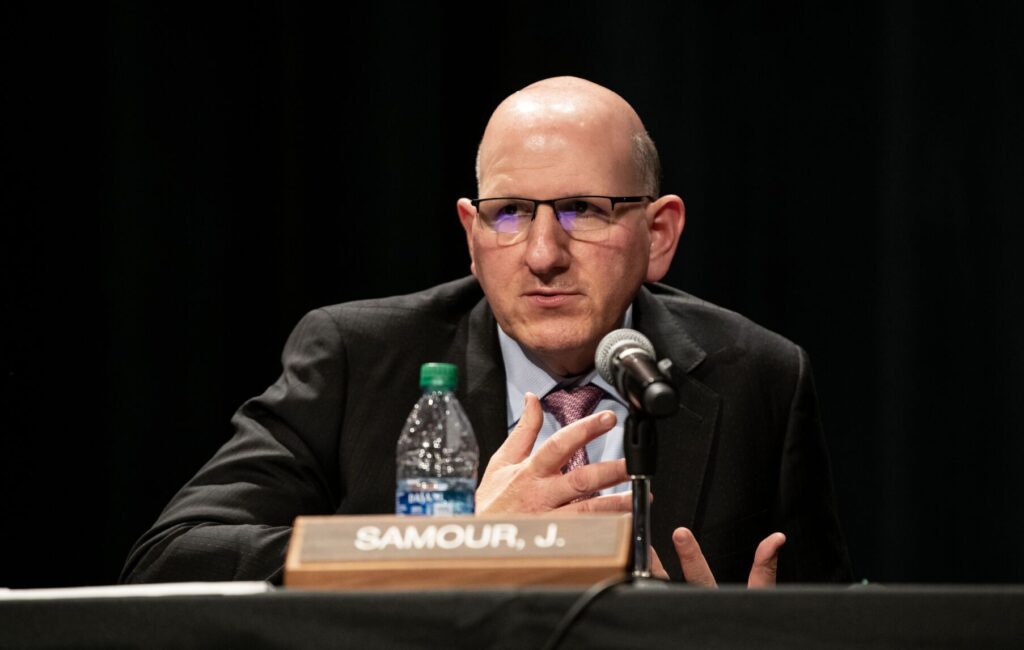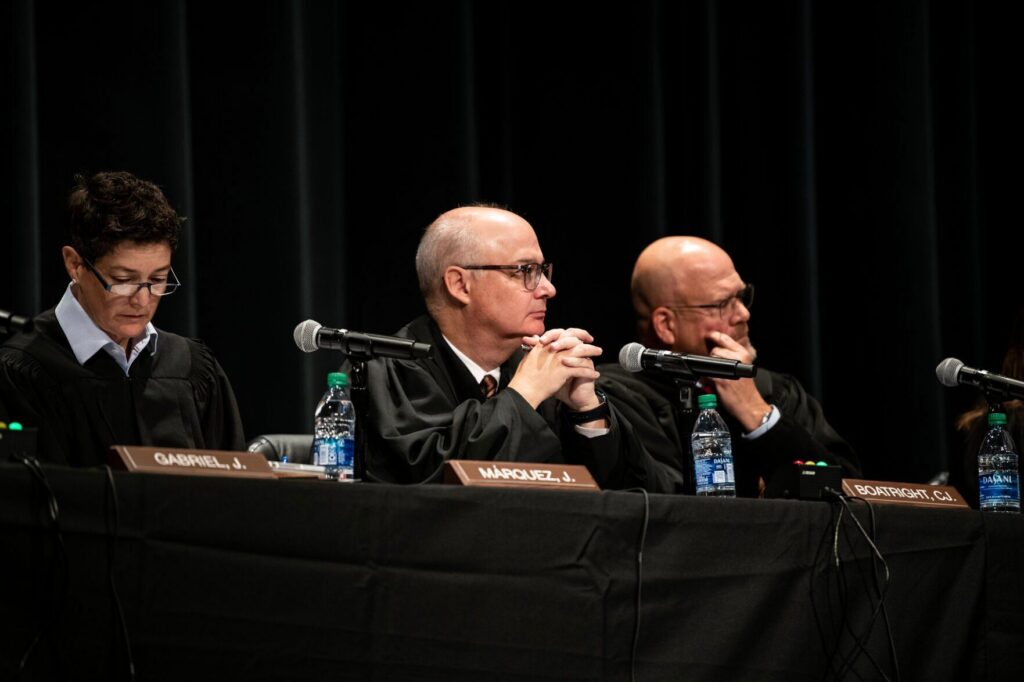CSU may be sued for refunds following COVID-19 campus closure, appeals court rules

Colorado’s second-highest court ruled last week that a class action lawsuit against Colorado State University may proceed, based on allegations the institution unjustly enriched itself by suspending in-person activities at the outset of the COVID-19 pandemic without refunding tuition or student fees.
A three-judge panel for the Court of Appeals agreed, by 2-1, it was plausible that CSU did not have the right to retain money its students paid with the expectation of receiving face-to-face interactions and participating in on-campus culture – even if the university had the legal authority to close its campuses.
“In entering this judgment, we do not opine in any way on whether it was unfair for CSU to retain all, or any, of the tuition or fees,” wrote Judge David J. Richman in the June 29 opinion. Instead, the panel allowed plaintiff Renee Alderman to prove her claims in court.
Case: Alderman v. Colorado State University
Decided: June 29, 2023
Jurisdiction: Denver
Ruling: 3-0 that there is no breach of contract; 2-1 that there is an unjust enrichment claim
Judges: David J. Richman (author)
JoAnn L. Vogt
Ted C. Tow III (partial dissent)
Background: Colorado State University student sues for refund of fees after coronavirus closes campus
Alderman filed suit soon after CSU announced in March 2020 that all classes at its Fort Collins and Pueblo campuses would move online due to the spread of the deadly coronavirus.
On behalf of all people who paid student tuition and fees during the spring 2020 semester, Alderman alleged CSU breached its contract with students and unjustly enriched itself. Specifically, she claimed CSU “saved significant sums of money” by curtailing in-person services but holding onto payments from students, including approximately $867 in general fees per student.
“This decision deprived Plaintiffs and the other members of the Classes from recognizing the benefits of in-person instruction, access to campus facilities, student activities, and other benefits and services in exchange for which they had already paid fees and tuition,” Alderman’s lawsuit argued.
In August 2021, Denver District Court Judge Alex C. Myers dismissed the breach of contract claims. He noted a state law – which applies only to CSU and not the other public universities – permits the board of governors to “temporarily suspend” operations in response to, among other things, “the prevalence of fatal diseases.”
“Put differently,” Myers explained, “any contractual bargain made between Plaintiffs and CSU allowed CSU to close campus and in-person learning, and CSU’s actions in doing so cannot be considered a breach.”
He later dismissed the unjust enrichment claims, reasoning they “cover the same subject matter.”
Alderman appealed, contending state law did not allow CSU to skirt its obligation to provide “specifically promised educational services,” nor could it retain fees and tuition if the university declined to uphold its end of the bargain.
“Plaintiffs’ contracts with CSU did not entitle them to unqualified, uninterrupted access to campus buildings, services, or events in the face of the COVID-19 pandemic,” responded the Colorado Attorney General’s Office in defending CSU’s decision to move online for the spring semester.
The Court of Appeals panel agreed CSU’s suspension of in-person learning fit squarely under its authority in state law to respond to “fatal diseases.” Therefore, there was no breach of contract.
However, Richman wrote for himself and Judge JoAnn L. Vogt that Alderman may pursue her unjust enrichment claims. It is the only way “to seek to enforce her rights,” he explained.
Judge Ted C. Tow III disagreed that a second route was open to Alderman for holding CSU liable.
Igor Raykin, an attorney representing Alderman, called CSU’s actions during the early pandemic “indefensible.”
“Imagine you pay a plumber $1,000 to do a job at your house, then COVID begins and the plumber can’t do the work at that point and never gets around to doing the work. The plumber would have to return the $1,000, and there’s no two ways about it,” he said. “So why in the hell should colleges get to do things differently?”
Earlier this year, a judge approved a $5 million settlement the University of Colorado reached over similar claims from students. Raykin also represented the plaintiffs in that case.
Alderman’s lawsuit did not estimate the amount CSU allegedly owes in refunds, but she noted there were more than 30,000 students enrolled at the two physical campuses as of spring 2020.
The case is Alderman v. Board of Governors of the Colorado State University.














